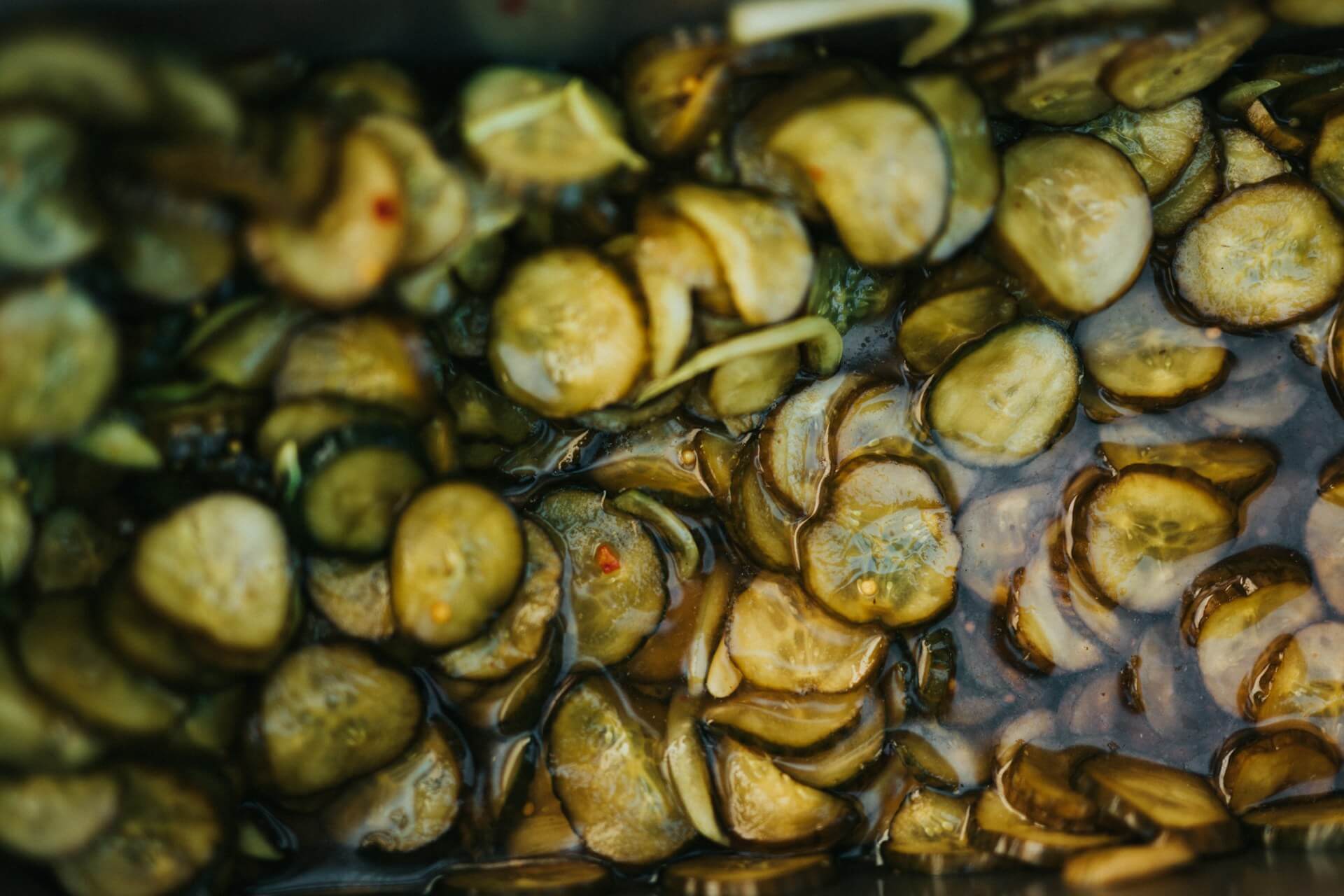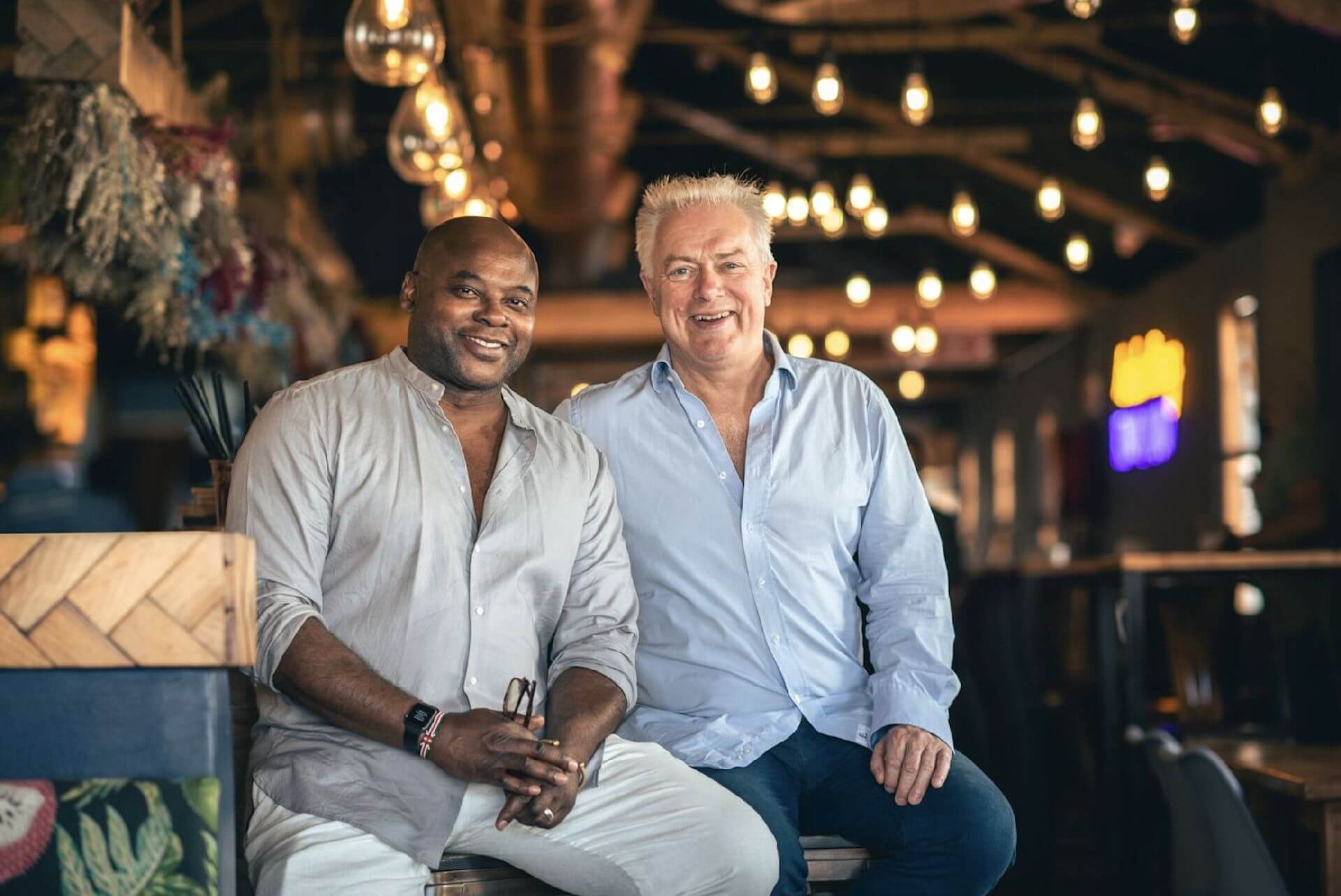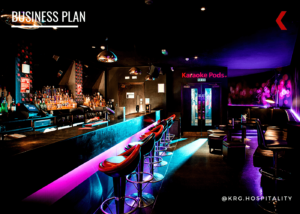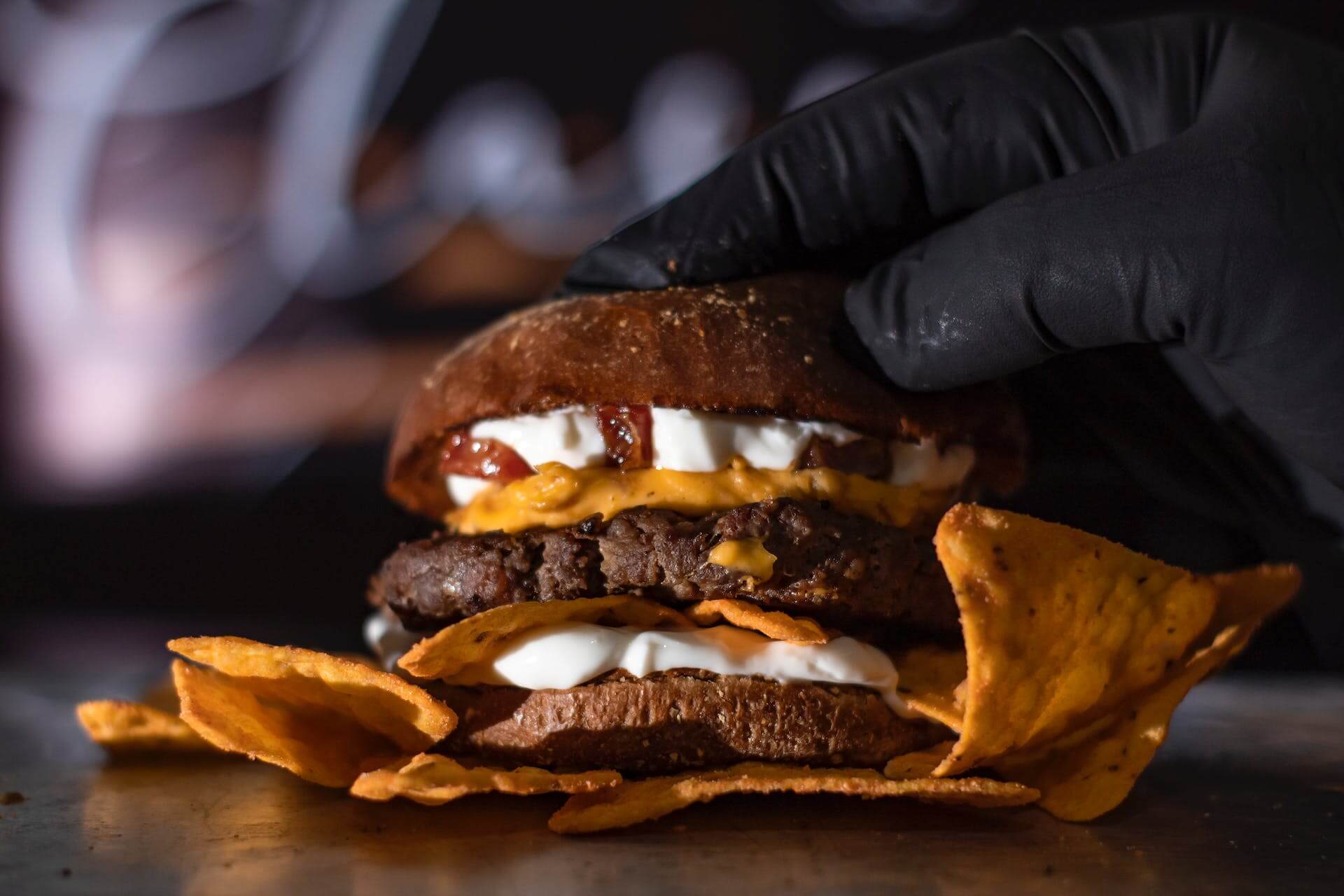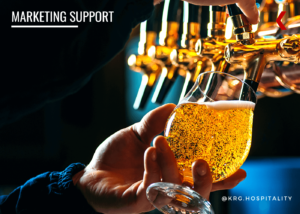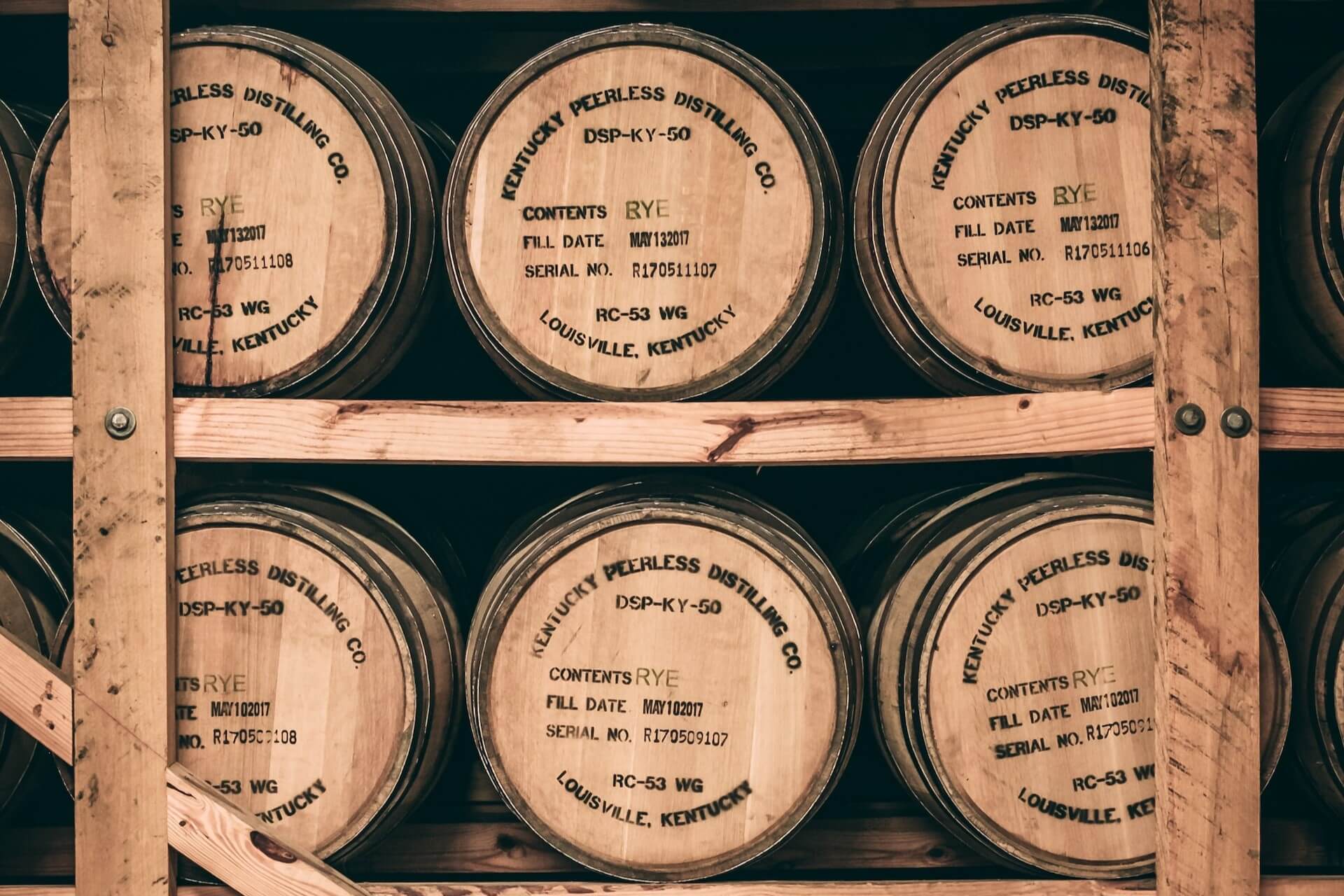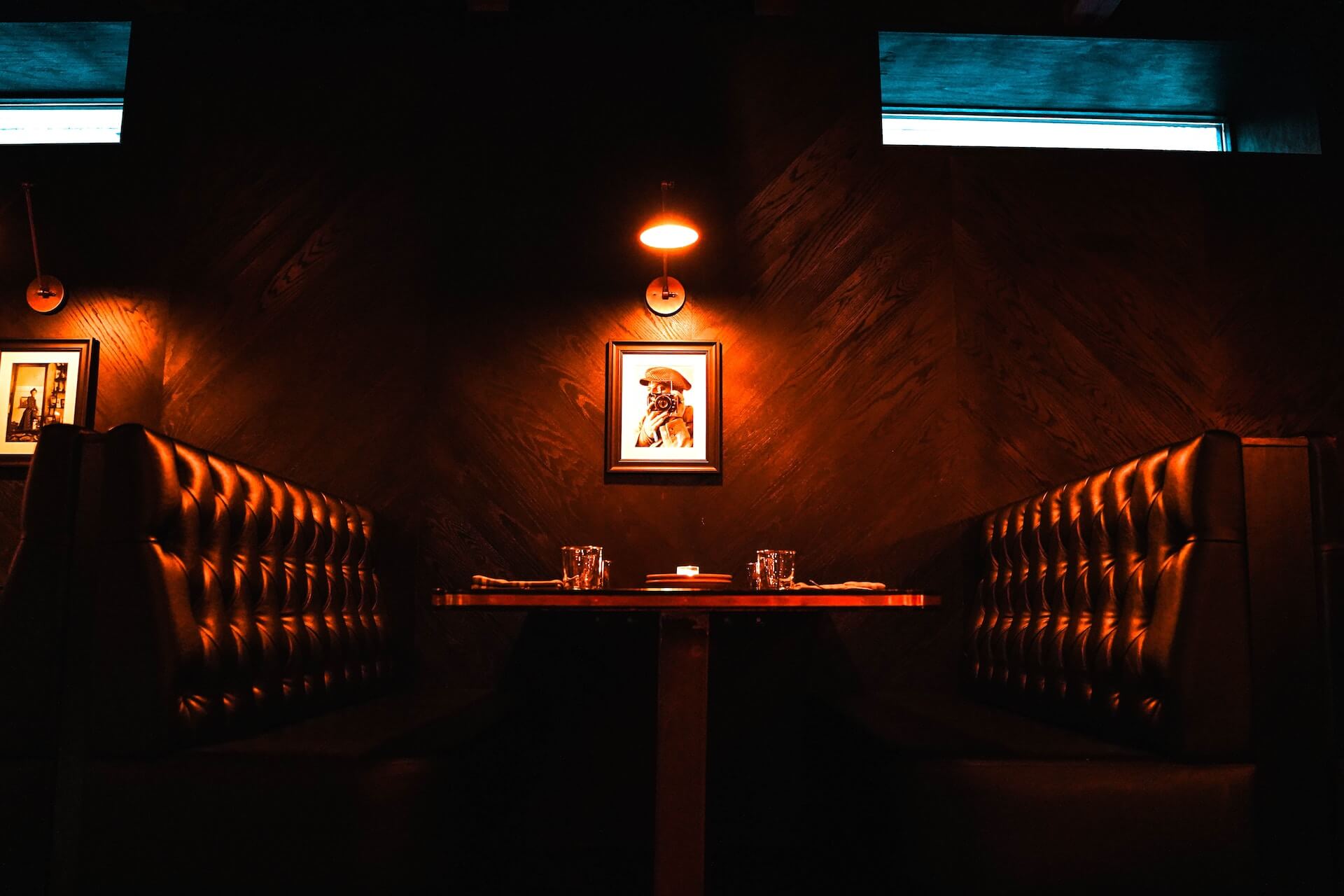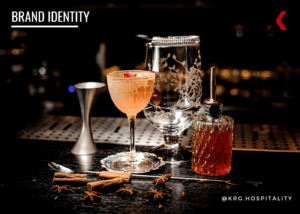The Liquor Awards Return!
by David Klemt

The second-annual Liquor Awards from Liquor.com highlights the best of hospitality of 2023, shining a light on bars, individuals, and organizations.
Liquor.com launched the Liquor Awards back in 2022. For the 2022 winners and runners-up, click here. Follow this link to review the 2022 Liquor Awards honorable mentions.
Differentiating themselves from other industry awards, the Liquor Awards recognize bars, individuals, and organizations via some unique categories.
For example, Platypus in St. Louis, Missouri, receives recognition among the 2023 winners and finalists via the Under the Radar category.
Other categories include Best Classic Bar, Best Neighborhood Bar, Global Spotlight, and Community Builders of the Year.
For those who are curious, I’ve run the numbers in terms of markets and the number of finalists and winners.
New York City (including Brooklyn) leads the way with eight total finalist nods and wins. New Orleans claims six finalists and winners, and Chicago is home to five. Coming in third are San Francisco and Washington, DC, with four finalists and winners, total. Denver and Portland have three each, while Los Angeles, Phoenix, and Cartagena, Colombia, have two.
Las Vegas, KRG Hospitality‘s US headquarters, is home to just one finalist, Herbs & Rye. And Toronto, KRG’s global headquarters, is home to the Health & Wellness Liquor Award winner.
For the full list of finalists and winners, see below.
Bar Award Winners and Finalists
Best New Bar
Winner
Pacific Standard (Portland, Oregon)
Finalists
- The Butterscotch Den (San Francisco, California)
- Martiny’s (New York City, New York)
- Milady’s (New York City, New York)
- Mírate (Los Angeles, California)
Best Classic Bar
Winner
Attaboy (New York City, New York)
Finalists
- Anvil (Houston, Texas)
- Cure (New Orleans, Louisiana)
- The Violet Hour (Chicago, Illinois)
- Williams & Graham (Denver, Colorado)
Best Craft Cocktail Bar
Winner
Overstory (New York City, New York)
Finalists
- Century Grand (Phoenix, Arizona)
- Double Chicken, Please (New York City, New York)
- Dovetail (New Orleans, Louisiana)
- True Laurel (San Francisco, California)
Best Neighborhood Bar
Winner
ABV (San Francisco, California)
Finalists
- 16th Street Bar & Lounge (Chicago, Illinois)
- Best Intentions (Chicago, Illinois)
- The Long Island Bar (Brooklyn, New York)
- Occidental (Denver, Colorado)
Best Restaurant Bar
Winner
Jewel of the South (New Orleans, Louisiana)
Finalists
- Bicyclette (Los Angeles, California)
- Kimball House (Decatur, Georgia)
- Kumiko (Chicago, Illinois)
- Palomar (Portland, Oregon)
Best Hotel Bar
Winner
Allegory (Washington, DC)
Finalists
- Chandelier Bar (New Orleans, Louisiana)
- Death & Co. (Denver, Colorado)
- Little Rituals (Phoenix, Arizona)
- Silver Lyan (Washington, DC)
Expertise in Hospitality
Winner
La Factoría (San Juan, Puerto Rico)
Finalists
- Allegory (Washington, DC)
- Bar Leather Apron (Honolulu, Hawaii)
- Herbs & Rye (Las Vegas, Nevada)
- Jewel of the South (New Orleans, Louisiana)
Global Spotlight
Winner
Alquímico (Cartagena, Colombia)
Finalists
- Bar Orchard Ginza (Tokyo, Japan)
- El Gallo Altanero (Guadalajara, Jalisco, Mexico)
- Little Red Door (Paris, France)
- Tjoget (Stockholm, Sweden)
Sustainable Bar Program of the Year
Winner
Owamni by the Sioux Chef (Minneapolis, Minnesota)
Finalists
- Alquímico (Cartagena, Colombia)
- Lighthouse (Brooklyn, New York)
- Rhodora Wine Bar (Brooklyn, New York)
- Silo (London, England, United Kingdom)
Best Spirits Selection
Winner
Delilah’s (Chicago, Illinois)
Finalists
- The Gin Room (St. Louis, Missouri)
- Jack Rose Dining Saloon (Washington, DC)
- Multnomah Whiskey Library (Portland, Oregon)
- Tommy’s Mexican Restaurant (San Francisco, California)
Individual Award Winners and Finalists
Creating an Inclusive Space
Winner
Tiffanie Barriere
Finalists
- Ashtin Berry
- Kate Gerwin
- Kapri Robinson
- Chockie Tom
Bartender of the Year
Winner
Kapri Robinson
Liquor Legend
Winner
Julie Reiner
Organization Award Winners and Finalists
Community Builders of the Year
Winner
Turning Tables (New Orleans, Louisiana)
Finalists
Health & Wellness
Winner
Not 9 to 5 (Toronto, Ontario, Canada)
Finalists
Sustainable Producer of the Year
Winner
Mijenta Tequila
Finalists
- Barr Hill Gin
- Empirical
- Maker’s Mark
- WhistlePig Whiskey
Cheers to the finalists and award winners!
Please click here to review the list on Liquor.com and learn more about the winners.
Image: Ellie Burgin on Pexels


